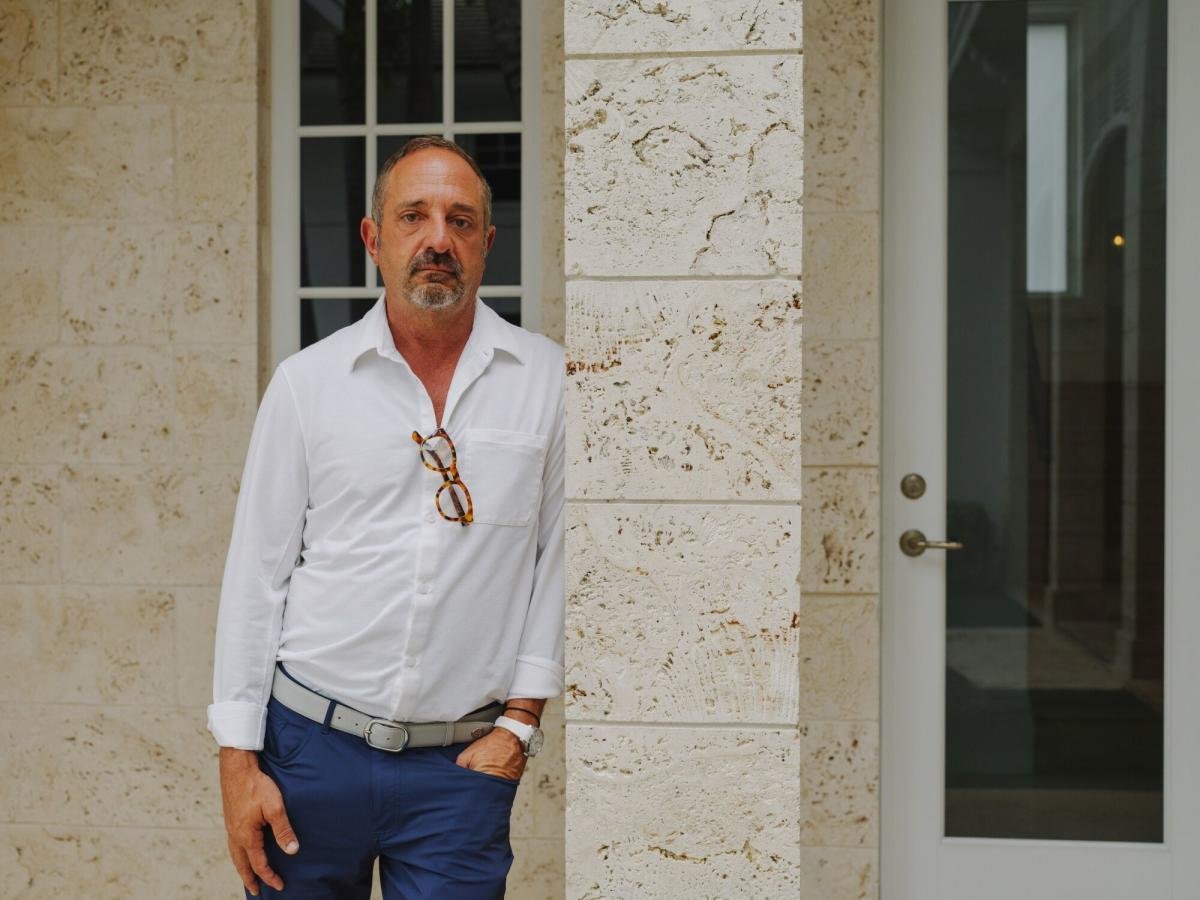Question: We retired in 2022. We placed $500,000 with a trusted fiduciary broker at a large national company. We pay him 1.5%. During the last two years, our $500,000 has steadily decreased to about $480,000 and $490,000. Since the stock market was at 36,000 when we invested, and currently at 38,000, shouldn’t we have at least gotten our money back? We live on Social Security and our 3% stock dividends, so that money cannot be counted as a stock loss because it’s simply a dividend.
We feel that our stock portfolio should have grown in the last few months. Should we be wary? What should we do to ensure that when the market goes up, our money does too? Is this something a financial planner should be helping with? (Looking for a new financial planner too? This free tool can match you to a fiduciary adviser who might meet your needs.)
Answer: You’re right to be asking these questions. First, let’s tackle that 1.5% fee, then look at your performance and how to measure it, and then look at what you should do.
The 1.5% management fee you’re paying seems a bit high if your adviser is only managing your investments, pros say. “I’d recommend reviewing all of the services included in that 1.5% fee and also inquiring if there are any other fees embedded in the investments themselves,” says Eric Presogna, a certified financial planner at One Up Financial. “A one-off investment management relationship with no financial or retirement planning, with a fee-only fiduciary, should be priced well under 1%.”
The 1.5% fee probably isn’t the only fee you’re being hit with, adds Gordon Achtermann, a CFP at Your Best Path Financial Planning. “In addition to the 1.5% management fee, your funds will have expense charges that you should be aware of,” Achtermann says. “Brokers often recommend funds that carry hidden fees that the fund pays to the broker’s firm and those fees degrade the funds’ performance. Compare your results net of fees to the benchmark. It’s okay if there’s a difference, but you have to ask yourself if that difference is worth the convenience of not finding someone less expensive.” (Looking for a new financial planner too? This free tool can match you to a fiduciary adviser who might meet your needs.)
How do you look at performance here?
One of the most important issues seems to be that you don’t know exactly what you own, why you own it or what your total cost of ownership is, explains Mark Struthers, a CFP at Sona Wealth Advisors. “For 1.5%, your adviser should be giving you the reasons why things have done what they have done,” says Struthers. “There could be a good reason for the perceived underperformance. If I give the adviser the benefit of the doubt, I’m guessing you’re invested in more than just the Dow Jones Industrial, the index you mention.”
Consider this: “The Dow Jones Industrial Average may have been at 36,000 when you started, but the Dow is not the market, it’s only 40 stocks out of thousands,” says Achtermann. “You need to ask your broker what benchmark they think you should be using for performance comparisons and why. Make sure the benchmark is a total return number that includes dividends.”
You don’t want to be just invested in the Dow, adds Struthers. “Having your whole portfolio only in the Dow is not diversified,” says Struthers. “This ignores small and mid-sized U.S. companies, not to mention international and emerging markets. The Russell 2000 was down around 3% during this timeframe, the major international index was flat during this timeframe and emerging markets were down around 14%.”
As for the disconnect with your adviser about your expectations for your portfolio, Alison James, a CFP at WorthWise Financial Partners, says you need to decide if you’re looking for steady income with preservation of capital or capital gains as well. “While the Dow has been up for the past two years, it’s been a pretty bumpy ride, perhaps not one that your adviser believes you’d be comfortable with,” says James. “I recommend having a discussion with your adviser about your risk tolerance and objectives and ensure you’re comfortable with his recommendations and understand what performance you can reasonably expect from your portfolio over the short- and long-term.”
One scenario to consider is that your adviser may have invested you predominantly in high dividend-paying stocks, says Stephen Craffen, a CFP and senior fee-only adviser at Atlas Fiduciary Financial. “Unfortunately, those have not performed as well as other market scores, particularly some of the large technology stocks,” says Craffen. “This is a typical case of poor education on the adviser’s part where he should have counseled you on considering a total return approach, not an income approach. Taking a total return approach would probably have led you to invest in a more balanced portfolio.”
Without knowing exactly what you’re invested in, Struthers says there are very few circumstances where a retired person should be invested in all equities. “If you were invested in bonds, like the Bloomberg Barclays Aggregate Bond Index, during this same timeframe, you would be down around 8%. Most government bond (U.S. and Global) indexes were down between 6% and 20% on a total return basis from the beginning or middle of January 2022 to January 2024,” says Struthers.
The main purpose of bonds for retirees is not just to produce income, but to act as a ballast during recessions and depressions. “Unfortunately, they do not perform well during inflationary times, when rates are rising,” says Struthers. “If the bond ballast was needed based on your risk profile and this was the reason for the underperformance, it’s hard to fault the adviser too much. Some advisers should have prepared their bond portfolios more for higher rates when rates were low, but very rarely should an adviser not have some kind of bond hedge for a recession and depression.”
If you started investing with your adviser in January 2022 in a traditional 60/40 portfolio consisting of the S&P 500 and aggregate bond index, your balance would be roughly the same as of January 2024, assuming no distributions, explains Eric Presogna, a CFP at One Up Financial. “Stocks lost nearly 20% in 2022 and bonds weren’t far behind, down over 13%,” Presogna says. “The markets recovered in 2023 with said 60/40 index portfolio up roughly 18% but it would obviously depend on how you’re invested as ratcheting up the risk even slightly to an 80/20 allocation would have yielded a net positive return from January 2022 to January 2024.”
A best practice when providing personalized portfolio management is for the adviser to create an investment policy statement (IPS), says Eric Ross, a CFP at F2 Wealth. “The IPS is a written document which states at a minimum the objective of the portfolio; restrictions in investments, if any; and how the performance of the portfolio will be measured,” says Ross. “In addition to the IPS, investment performance should be provided no less than quarterly.”
Where to find a new adviser
If after considering all of this, you realize it’s time to find a new adviser, these resources can help: The National Association of Personal Financial Advisors (NAPFA) has an online tool where you can search for advisers, the CFP Board’s Let’s Make a Plan site lists CFPs by location and expertise and Garrett Planning Network has a search feature to find advisers based on how they charge. You can also use this free tool from SmartAsset to get matched with a fiduciary adviser who might meet your needs.
When selecting a financial adviser, it’s a good idea to work with someone who holds a CFP designation. Why? In order to earn that certification, they must complete extensive education requirements, pass exams, perform thousands of hours of work-related experience and they’re held to a fiduciary standard. This means they’re required to put their client’s best interests ahead of their own and that inherently minimizes the potential for conflicts of interest to arise. It can also be helpful to vet potential advisers by asking these eight questions.














